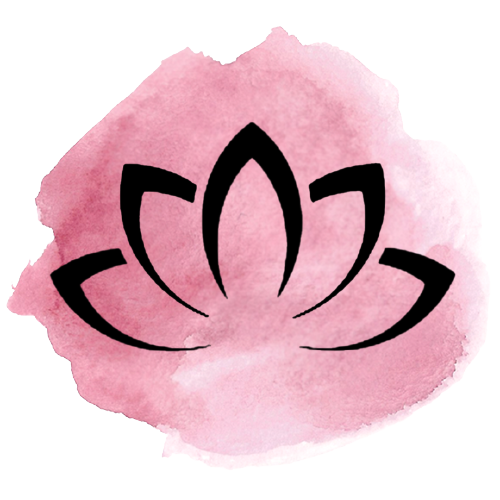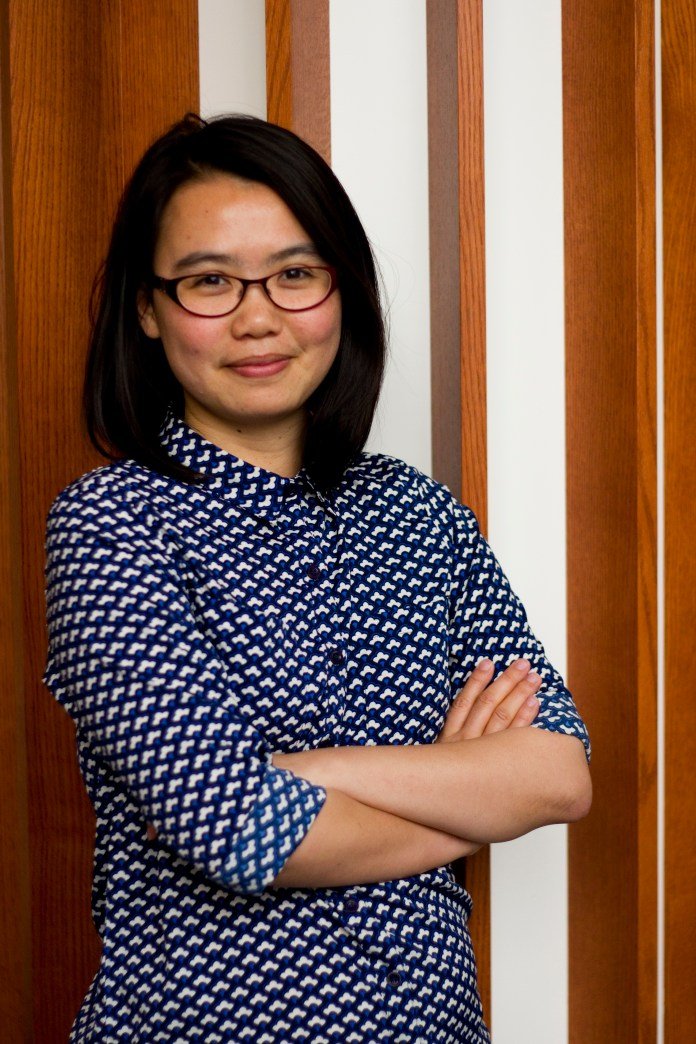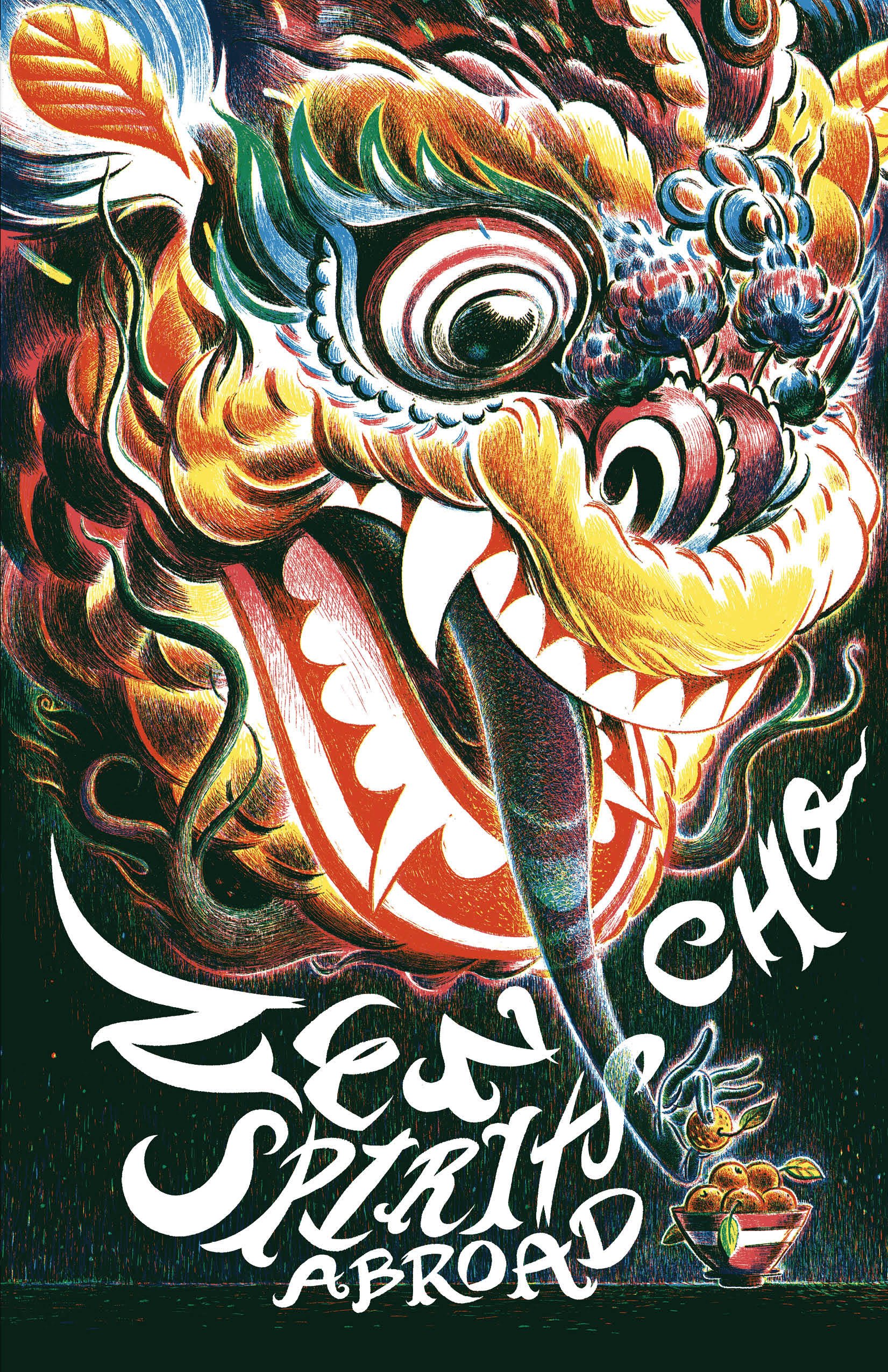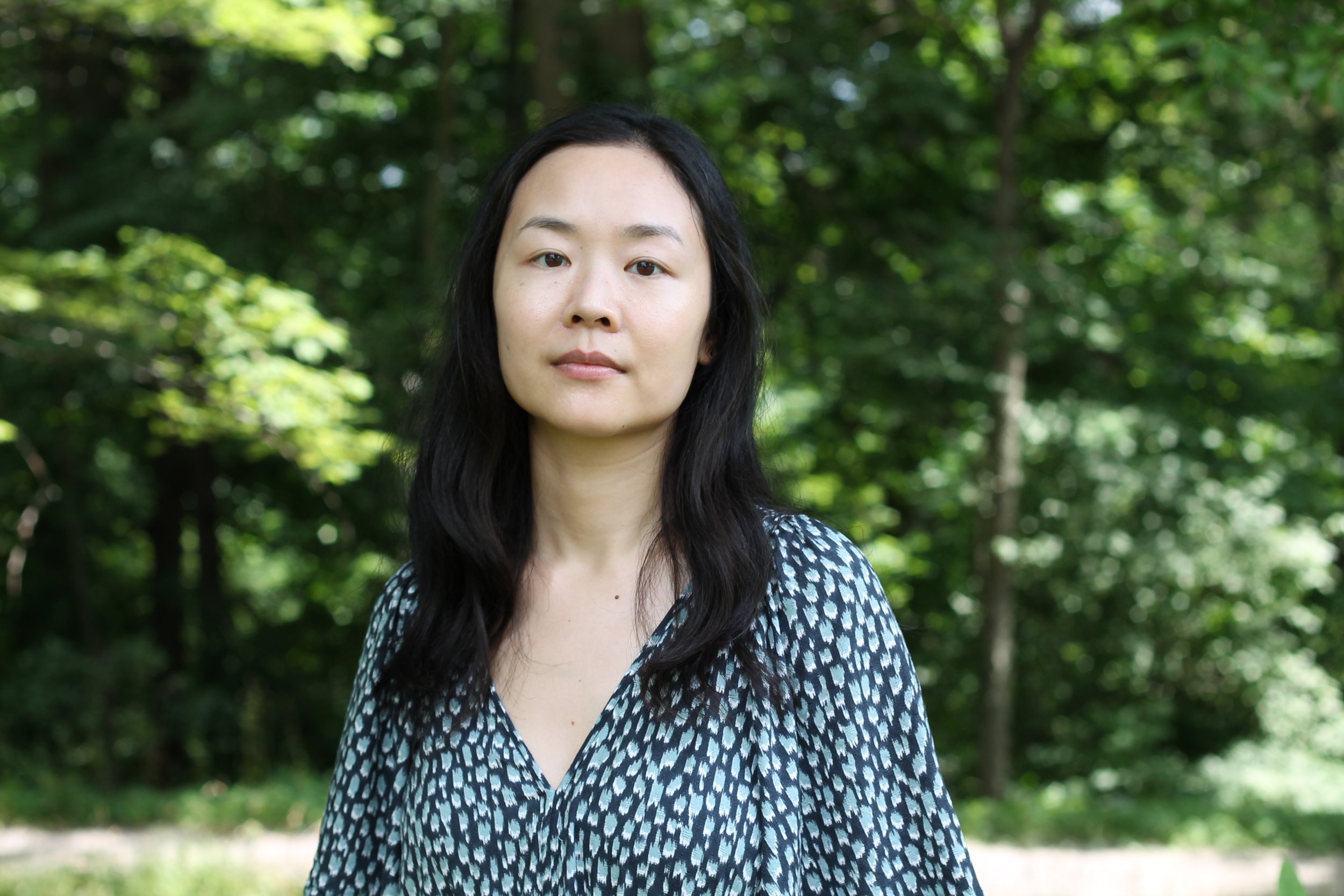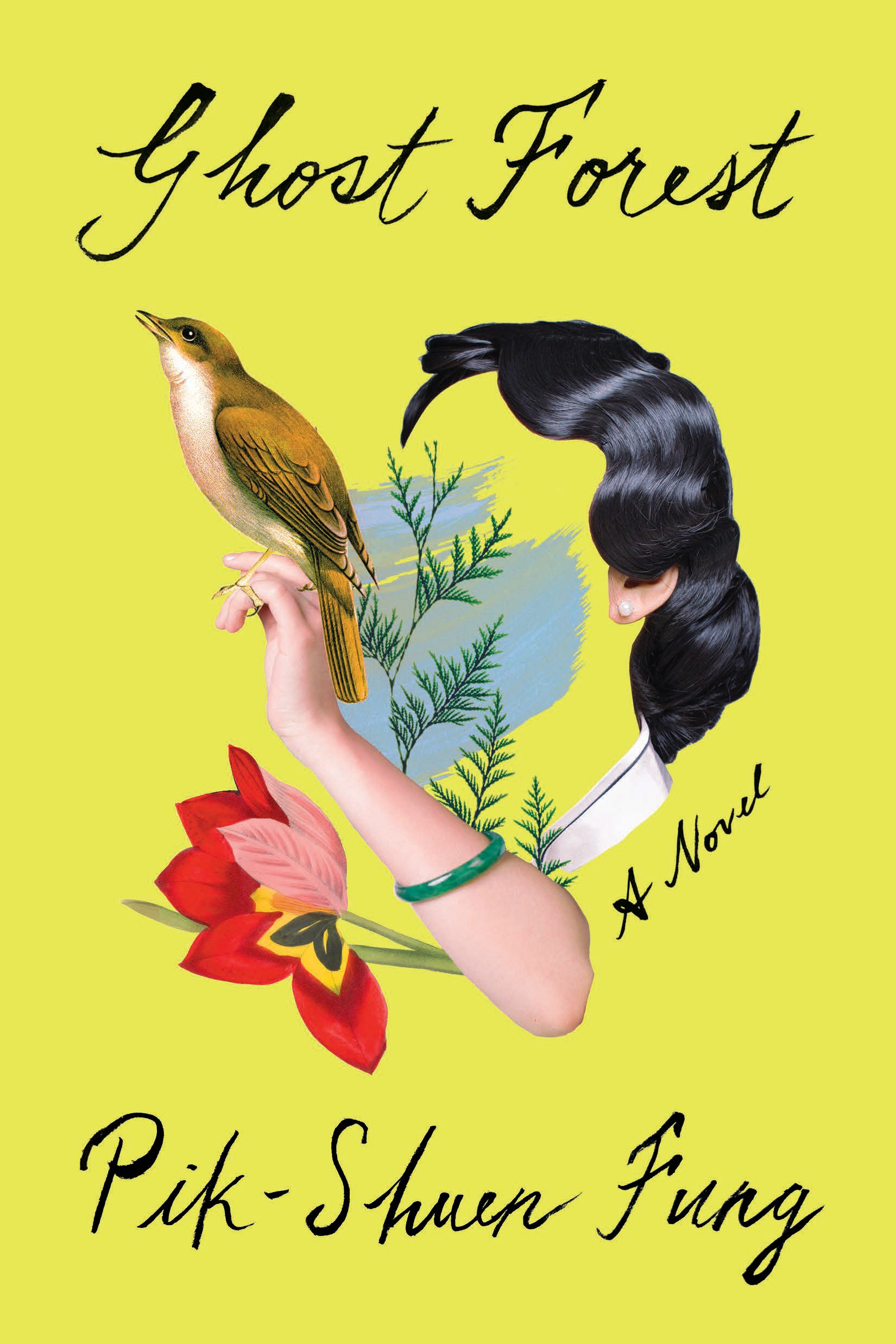Get Lost in the Pages
As a kid, I used to be an avid reader. My parents would catch me staying up late (remember when “bedtime” was enforced?), my nose buried deep in a book. Fantasy and mystery were my muses. My response to “Who is your dream dinner guest?” was always the author of whatever book or series I was into. During college, I found less and less time to read for pleasure. Science papers and required humanities reading took its place, and instead of staying up late, I found myself constantly looking forward to bedtime. Now, though I’m still time-strapped in grad school, I’ve made the intentional decision to renew my love for reading. It takes longer to get through a book because I don’t have the hours to spend anymore, but slow and steady wins the race! Perhaps even more exciting: the opportunity, in a sense, to fulfill my childhood “dinner guest” dreams. Check out my interviews with them! -Alyssa, Lotus Magazine Co-Founder
Zen Cho
Author of Spirits Abroad
Zen Cho is a UK-based Malaysian author whose work has won the Hugo Award and LA Times Book Prize/Ray Bradbury Prize. Her work includes Black Water Sister, the Sorcerer to the Crown novels, and Spirits Abroad.
By bringing parts of your Malaysian identity into your writing, what do you hope to achieve with your readers?
I confess I don't think very much about my readers when I'm writing. Art is quite a selfish pursuit; you have to focus on yourself to do your best work, and not on the possible reactions of the audience. I'm often trying to work something out when I write – something about the world that feels important and personal and that I don't fully understand – so that's why stuff about Malaysian history and culture makes its way into my writing. The reader's responses have ranged from "I recognise myself in your writing" to "I connected with your stories despite the characters and setting being unfamiliar", and they are both meaningful to me.
What other ways do you celebrate your Malaysian heritage?
I go back to Malaysia as often as I reasonably can and I eat a lot of Malaysian food.
The community of Asians in mainstream literature is currently small (but hopefully growing!); were you intimidated at all in your journey of publishing?
Definitely. For all the external obstacles facing underrepresented writers in publishing, for me the internal obstacles have probably been the hardest to face. I knew of almost no Malaysian writers of English-language fiction when I was growing up – it's not that they didn't exist, but I just didn't see their books on the shelves in bookstores and libraries. What that meant was that it was very hard to envision myself in that position of being a published author. It required this imaginative leap that writers from backgrounds that are better represented in publishing probably don't have to make. When you have that constant internal 'no' – that inner voice telling you you can't do something – that makes it more difficult to continue persevering against rejection, which is something all writers have to face. I got a lot of encouragement and support from friends whom I felt knew what they were talking about, which helped keep me going. And I felt I was good at writing, and I really wanted to be published. That's how I overcame it, I guess.
Can you share a childhood memory or story that is special to you?
My family lived briefly in the US when I was around six years old, and once I went to school in bright red jeans – they may even have been bell bottoms. I was climbing a jungle gym during recess at school when this other little girl yelled, "Why are you wearing red pants?" This was clearly meant for an insult, but I remember thinking, "What's wrong with wearing red pants?" and feeling very defiant and pleased with myself. I told my mom the story when I got home and she agreed with me, and I'm sure her support is the reason why that sort of thing didn't faze me as a kid.
Pik-Shuen Fung
Author of Ghost Forest
Pik-Shuen Fung wrote Ghost Forest, which won the Amazon Canada First Novel Award and Rakuten Kobo Emerging Writer Prize. She was born in Hong Kong and raised in Vancouver, Canada, and now resides in NYC.
Given that you were formally trained in the visual arts and have experimented with various media, what qualities does writing offer that allow you to express this particular story?
This particular story started when I was in art school, so it actually began as video and sound projects, where I was writing vignettes and recording them as voice-overs for short video works. Over time, I did away with the visual elements, because I was interested in what was possible if I could write it and expand it over a long time. In the end, it took me seven years. I think this length of time and the length of the book allowed me to circle around these themes, ideas, and emotions more deeply.
I love that you've incorporated a visual component to Ghost Forest by using space throughout the book.
That was important for me, because I started writing when I was grieving and even though grief is such a universal experience it's also so private and so personal to each of us, so it was important for me to incorporate a lot of space into the book because I wanted readers to be able to bring their own experiences and feel their own emotions and bring their own memories. My goal was to write a book that felt spacious and expansive and also light, even though it's a book about grief. It's not just about the loss of the father in the book, but also all the things lost through immigration, generations, and language.
What have you learned about yourself through publishing Ghost Forest?
One really important thing is learning to trust my intuition. In the process of editing and publishing the book there are so many outside opinions that come through, and because it was my first time, it was easy for me to think about other people as being authorities and to doubt my own perspective. But over time, I realized that at the end of the day, the most important thing is to trust my instincts and stick to my vision, because outside expectations keep changing and my vision is the one constant part of the process. It’s most fulfilling for me to just trust and protect it.
You mentioned that it took seven years to get released. I know that is often enough time to start to get disillusioned or burnt out. Can you talk a little bit about the process for you - what setbacks or small wins, and also what core convictions kept you going?
I had no idea what it looked like to publish a book, since I was coming to it from a visual art background. So in the beginning, because the form of the book is more experimental, I didn't even try to get an agent. I submitted it to over 20 small presses, and it got rejected by all of them and I thought: maybe it's never going to get published. I remember feeling so much doubt along the way. Then I got a fellowship at the Asian American Writers’ Workshop and that gave me confidence to try again. When I was in the fellowship, I got a free writing class, and in that class, one of my classmates was an editor at One World, and she really liked my writing. We stayed in touch and she introduced me to my agent, and she ended up buying my book. That’s how I ended up publishing this book. But along the way, something that was really helpful for me was asking two of my close friends to become my “rejections cheerleaders”, because besides those 20-something rejections, I was also trying to send excerpts out and getting rejected. So every time I got a rejection, I would text these two friends, and they would cheer, “Yes! Congratulations! We want more rejections!” And that turned it into something I looked forward to so I could tell them and celebrate! So that just reframed the whole rejection experience into something that felt communal and joyous. At the core of it, it’s a really important story for me. Because it’s such a long process full of so much rejection, it was because I believed in it and cared about it so much that took me through to the end.
What books and stories have inspired you in your work?
The House on Mango Street by Sandra Cisneros, which I quote in the epigraph. I love how it’s written in vignettes as well and I love the childlike quality of it. I was also really influenced by the short stories of Alice Munro. That, I read a lot as I was writing. There’s also a book called Bough Down by Karen Green. She’s an artist and she wrote this book of prose poems and interspersed photographs of her art throughout, and it’s a beautiful book about grief.
Can you share a childhood memory or story that is special to you?
This is so random, but the thing that comes to my mind now is: growing up, my family and our closest family friends would always drive up to Whistler to go skiing and snowboarding during winter break. This other family, they also immigrated from Hong Kong and they’re also Cantonese so we were like one big family and we would drive up together and ski and snowboard all day and there were always these little huts on the slope where we could buy snacks called Beaver Tails. They were these big slabs of fried dough in the shape of a beaver tail, and you could get different toppings like cinnamon sugar or Nutella or you could get a pizza tail. That’s such a fond memory for me, I haven’t been back in so long - it was like all the skiing was just to get those to eat!

